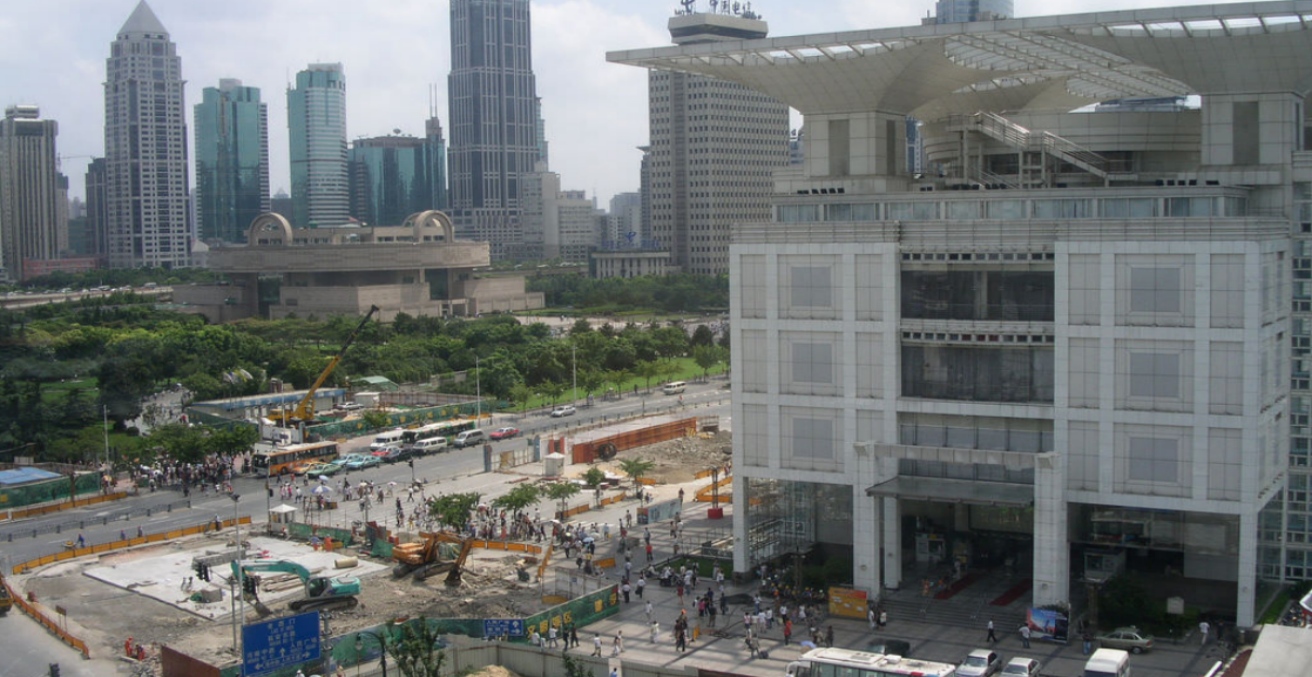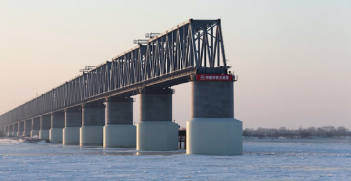Xi’s Economic Challenge

In a week dominated by concerns about the escalating US-China trade war, how vulnerable is China’s economy? It is in double trouble if the economy slows, triple trouble if debt also worsens.
This article is the second in a series of three based on the author’s talk to AIIA VIC.
The economy remains the core point of vulnerability for the Chinese Communist Party. Chinese households have less ability to weather an economic downturn or drive domestic demand than is widely believed. China continues to aim towards “moderate prosperity.” This is not some kind of false modesty on the part of the leadership. For China still has to burst through the infamous “middle income trap” that has held down so many economies, with the famous exceptions of China’s East Asian neighbours. The economy has had to play catch-up with those neighbours, since it suffered severely during the Mao decades that Xi now insists should be weighed as equally valuable as Deng’s ensuing reform and opening era.
Because, for political reasons, China is not seriously pushing to attract foreign capital, it must run a large trade surplus, meaning fewer imports for its middle class to consume. Two thirds of foreign investment comes nominally from Hong Kong, and is likely more recycled Chinese money than actual foreign investment. China must thus finance its continuing development out of its own savings, meaning its people must consume less of the proceeds of their own work: storing up double trouble if the economy slows, triple trouble if debt also worsens.
Boosting the productivity rate also remains a concern, because over time the government has needed to pump ever more money into the economy to extract a similar return in growth. But the greatest economic challenge remains corporate debt, still growing and heading towards three times GDP. GDP growth is still being sustained by stimulus above 6.5 per cent in order to reach Xi’s 10-year target of doubling the economy in the decade to 2020, with an unknowable amount inevitably misallocated. The International Monetary Fund says China is responsible for 75 per cent of the global increase in corporate debt that has built up since the Global Financial Crisis, though the government is insisting that the debt warnings of the fund and of the global ratings agencies are being sufficiently addressed.
One of the “Chinese characteristics” of Xi’s socialism is that he is not as wedded as old-school communists to ownership of the means of production. What matters more is loyalty to the party.
Thus, almost all private companies in China, locally or foreign owned, now contain party branches, which increasingly expect to be consulted on strategic business decisions.
The leaders of even the biggest corporations must behave appropriately. They have to tread a very challenging tightrope between getting too close to the top leaders and getting burned, or drifting too far away and being cast even further into the wilderness. Xi’s personal distance from the private sector—in contrast with Deng Xiaoping, who relished the company of tycoons—has three clear exceptions: Robin Li, Jack Ma and Pony Ma (the founders of BAT, Baidu, Alibaba and Tencent, China’s four online giants) have been assisted by the state to see off all foreign competitors such as Uber and e-Bay. Others including YouTube, Google, Facebook, Wikipedia and Twitter are simply being banned. But the same rules apply to Li and the two Mas as to the other entrepreneurs. No one is too big to be cut to size by Xi if he feels it necessary. But so far, so good; BAT has trodden the tightrope brilliantly.
Urbanisation still drives growth, but in a new way. Under changed land-lease laws, farms are being consolidated, pushing more farmers into cities while making agriculture more efficient. One can already see signs, when travelling by gaotie (high speed rail) of a changing landscape. Xi seeks to direct exiting farmers towards China’s “second tier” and “third tier” cities. He is personally supervising the creation south-west of Beijing of Xiong’an, as a huge new green/clean/high-tech city, to whose location I drove out a couple of months ago. Xi also wants to restrain the growth of the biggest municipalities, shaking out from them hundreds of thousands, maybe million, di-duan (lower-class people) who lack permanent registration documents for those cities. Large numbers were driven out from Beijing last December and were only allowed to take what they could carry, their homes being bulldozed.
Xi is taking strong steps to reverse China’s massive degradation of air, soil and waterways. Beijing’s clearer air last winter won him much applause. I should stress that this is the priority: reducing greenhouse gases is a handy but secondary spin-off from this understandable, popular priority.
China’s New Era will remain globally economically engaged. It is hosting in November its first great Import Expo in Shanghai. The Made in China 2025 project is at the same time tasked with developing domestic capacity and replacing foreign involvement in all key tech sectors. We are not seeing the same opening to international service and consumer companies that it provided to manufacturers during the “reform and opening” era launched by Deng 40 years ago. One senses why; China today spends more on importing semiconductors than it does importing oil. But the danger is that this trend may threaten the great Asian value chain that has brought such complementarity and win-win stability to the region. Meanwhile, we can rule out privatisation. The upstream of the economy, which has the effective power to tax the rest—transport, communications, resources, energy, other infrastructure, finance, defence, media, health and education—will remain in state hands in this New Era.
China led the global celebrations of the bicentenary of Karl Marx’s birth three months ago. Speaking in the Great Hall of the People, Xi described Marx as “the greatest thinker in human history” and vowed that Marxism would always be the guiding theory of China and the Communist Party. But many political scientists insist that Beijing’s true guiding light these days is Lenin, not Marx. There are also touches in there of the statist philosopher, Carl Schmitt. The German philosopher has gained great currency in Chinese universities this century. He was very influential during the early period of National Socialist rule in Germany, championing an almost theological belief in the state.
Rowan Callick OBE FAIIA is an Industry Fellow of the Asia Institute in Griffith University. He recently returned from Beijing as The Australian’s China Correspondent and has held positions including The Australian’s Asia-Pacific Editor and The Australian Financial Review’s China Correspondent.
This is an extract of his speech at AIIA VIC on 23 August 2018. Read the first article here. A further extract will follow.
This article is published under a Creative Commons Licence and may be republished with attribution.





